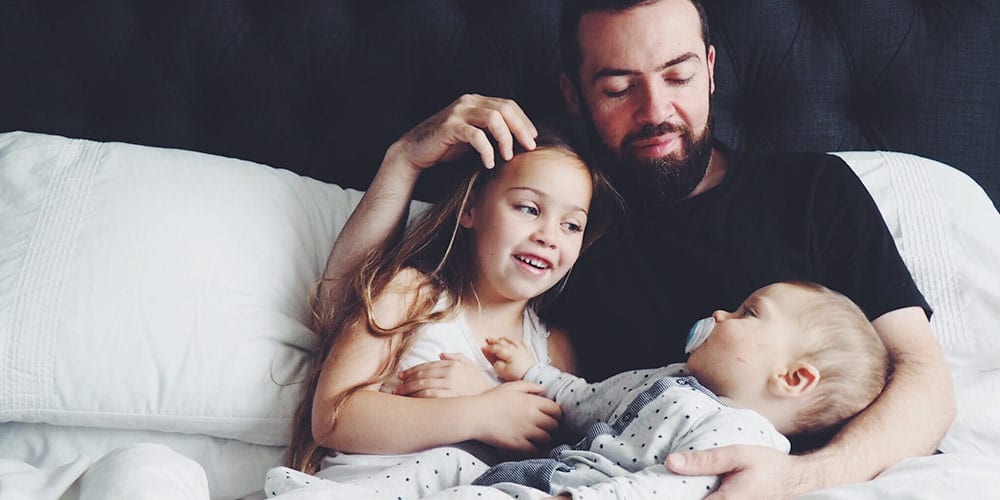Several years ago, my son didn’t want to take an art class. After his first class, we asked him how it went. He told us that the teacher said some terrible things about his project and then put several of the boys in the corner for the rest of the class period. After pressing him, he admitted to making the entire story up. When we asked why he had lied, he broke into tears and explained how he was scared of the teacher because she would tell him when he made mistakes and how to correct them. It led to a great discussion about how important it is to be honest, which is what his teacher was doing.
We have to help our kids develop the right habits, and one of the best habits they can have is being honest. Here are 10 ways to teach your kids how to be honest.
1. Reward the truth.
As parents, we are often quick to scold. Sometimes, we aren’t always so quick to praise. Reward honesty with loads of praise and hugs. It will build self-confidence and reinforce positive behavior. Plus a child can never get too much love.
2. Speak the truth.
Teach your kids that they don’t have to give false compliments. If they don’t have a kind word to say, teach them how to control their words and not say anything. However, we always should be able to find something positive to say about anyone.
3. Say the hard truth.
Upholding morals is more important than avoiding hurting someone’s feelings who is out of line. Wrong is always wrong. For instance, your son’s best friend is cheating on tests and your son is fully aware. He has a duty to go to his friend and advise him to quit. He’s hurting himself and cheating the others who have honestly studied. If he refuses, then your son would have to tell the teacher about what is going on. That is the hard truth.
4. Model the truth.
As is always the case, you are the role model. You do not want your child to hear you telling a lie. Live by the truth. If your children see you telling even “harmless” white lies, they will feel like it’s OK to lie as well. When we get in the habit of telling small lies, it leads to a habit of telling big ones. Put thought and initiative into telling and seeking the truth all the time.
5. Don’t put them to the test.
Though it’s tempting to test them, try to avoid asking questions that give your child a chance to not be honest. You saw your daughter spill red juice on the couch. No need to ask, “Did you just spill your juice on the couch?” This leads her to believe she might have a way out and possibly could pass blame elsewhere. Just tell her to clean it up. She’ll have enough opportunities to tell the truth.
6. Give consequences.
We all sin. Even children do. They will lie to you, and eventually, you will catch them. It’s important that there are consequences for their actions, which is what we did with our son. Appropriate discipline should be carried out and followed through. Make it so it is not worth it to lie.
7. Correct mistakes.
Catching your children being dishonest is a great opportunity to teach them. Ask why they felt like they needed to lie. Explain how lying hurts relationships because it causes mistrust and trust is very difficult to earn. Talk to them about what they could have done differently.
8. Follow through on promises.
If you want to be trusted, then keep your promises. Teach your children to be people who consider their word sacred. When they give it, they don’t break it. The best way to teach this is by modeling it yourself.
9. Take care of other people’s things.
Possessions can create all sorts of problems. The best policy is to teach kids early on that what they have belongs to them. What other people have belongs to other people. It is not OK to borrow a game and never return it. It’s awesome to share, but the item must always be returned.
10. Find honest friends.
Show me your friends, and I will show you your future. If your child’s friends lie and cheat, so will they. But if your child’s friends are upstanding and honest, your son or daughter will be that much better off. Keep an ear out for any of your children’s friends who lie.
Sound off: How have you taught your kids to be honest?











Huddle up with your kids and ask, “Why is honesty the best policy?”